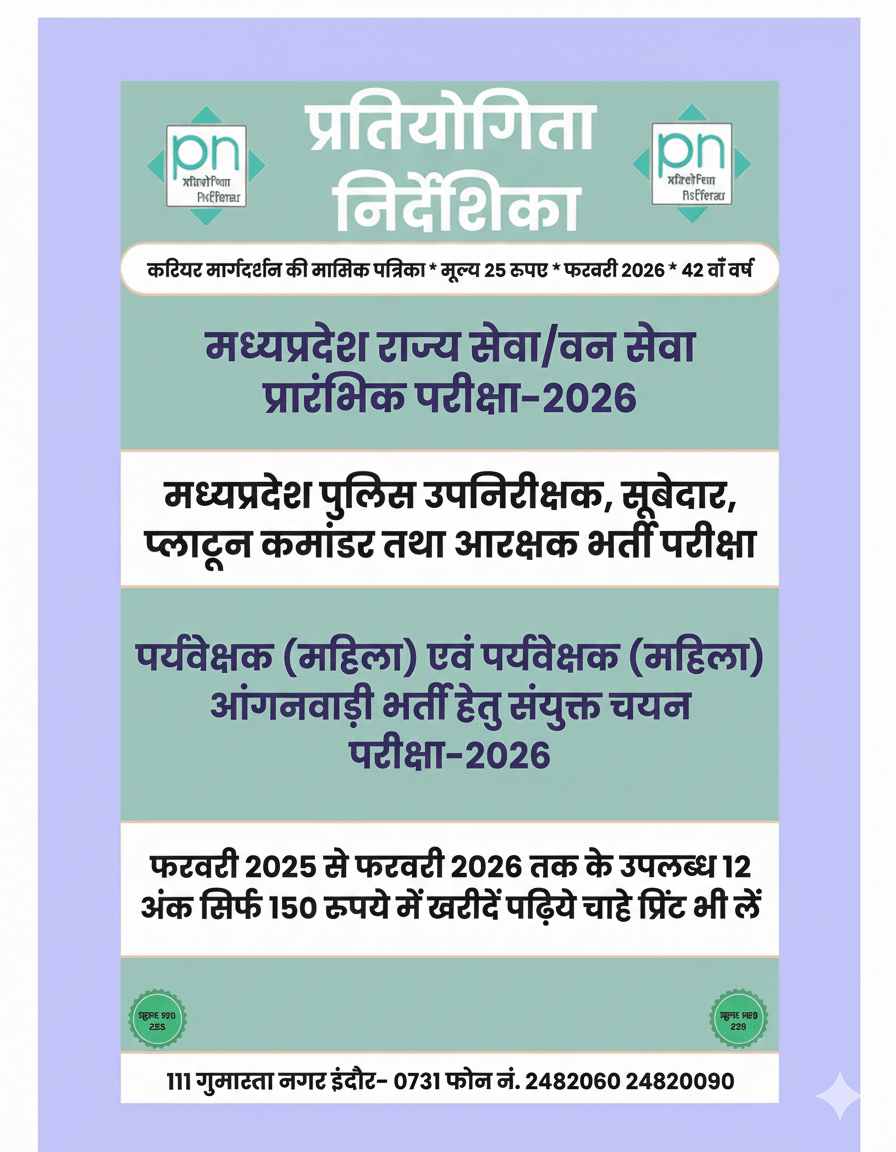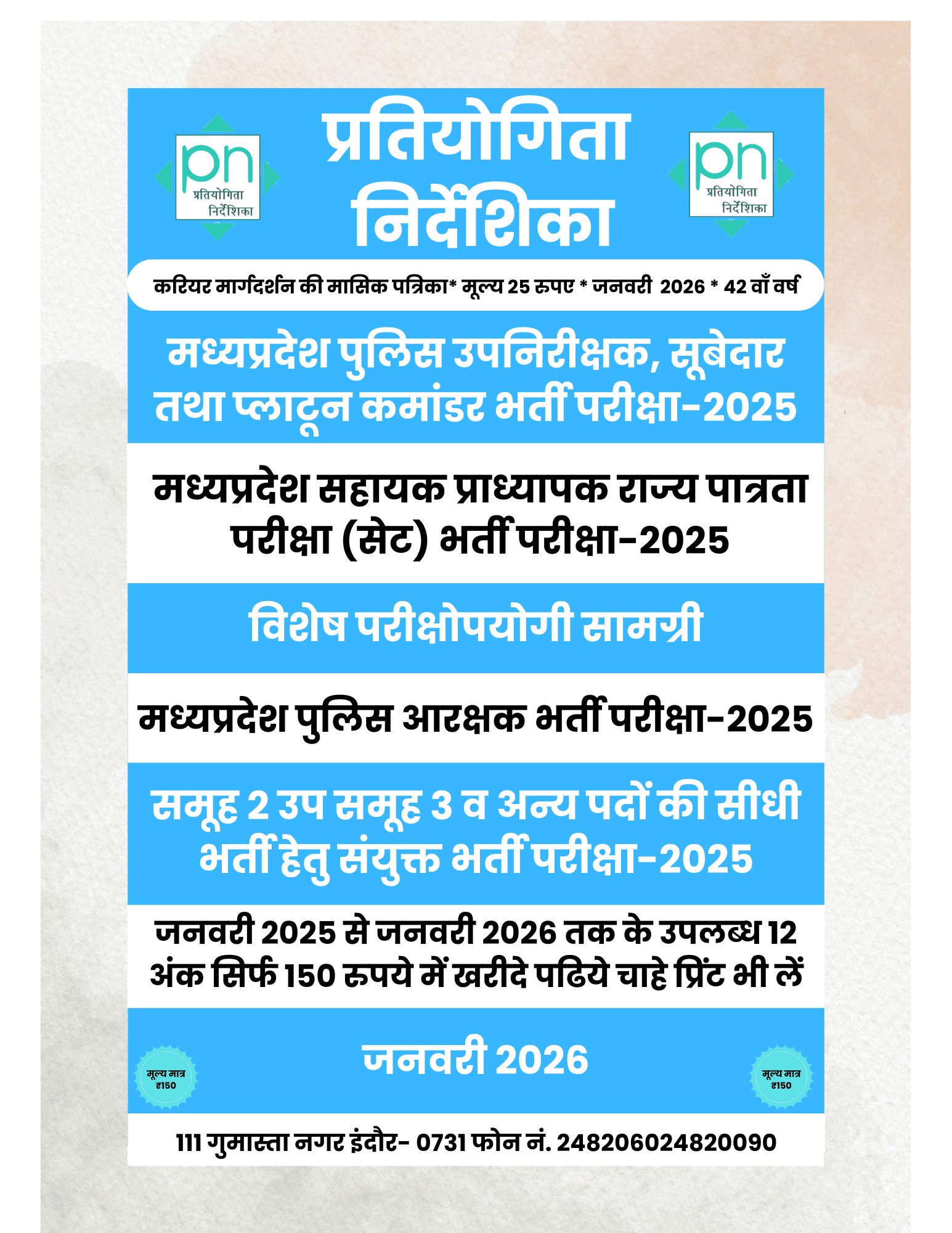India will soon have a grand chain of industrial smart cities. In a landmark decision, the Cabinet Committee on Economic Affairs, chaired by Prime Minister Shri Narendra Modi today, approved 12 new project proposals with an estimated investment of Rs 28,602 crore under the National Industrial Corridor Development Programme (NICDP). The move is set to transform the industrial landscape of the country, creating a robust network of industrial nodes and cities that will boost economic growth and global competitiveness.
Spread across 10 states and strategically planned along 6 major corridors, these projects will take a significant leap towards enhancing India’s manufacturing capabilities and economic growth. These industrial areas are located at Khurpiya in Uttarakhand, Rajpura-Patiala in Punjab, Dighi in Maharashtra, Palakkad in Kerala, Agra and Prayagraj in Uttar Pradesh, Gaya in Bihar, Zahirabad in Telangana, Orvakal and Kopparthi in Andhra Pradesh and Jodhpur-Pali in Rajasthan.
Key Features:
Strategic Investment: NICDP is designed to foster a vibrant industrial ecosystem by facilitating investments from both large anchor industries and micro, small and medium enterprises (MSMEs). These industrial nodes will act as catalysts for achieving $2 trillion exports by 2030, reflecting the Government’s vision of a self-reliant and globally competitive India.
Smart Cities and Modern Infrastructure
:The new industrial cities will be developed as greenfield smart cities of global standards, built “before demand” on ‘plug-n-play’ and ‘walk-to-work’ concepts. This approach ensures that cities are equipped with advanced infrastructure that supports sustainable and efficient industrial operations.
Sectoral Approach on PM Gatishakti:
The projects in line with the PM Gatishakti National Master Plan will have multi-modal connectivity infrastructure, ensuring seamless movement of people, goods and services. The industrial cities are envisaged to be growth nuclei for the transformation of the entire region.
Vision of a 'Developed India':
The sanctioning of these projects is a step towards realising the vision of a 'Developed India' - a developed India. By establishing India as a strong competitor in global value chains (GVCs), NICDP will make ready-made developed land available for allocation, making it easier for domestic and international investors to set up manufacturing units in India. This is in line with the broader objective of creating an 'Aatmanirbhar Bharat' or self-reliant India, which drives economic growth through increased industrial output and employment.Economic Impact and Job Creation:
NICDP is expected to generate significant employment opportunities, with an estimated 1 million direct jobs and up to 3 million indirect jobs through planned industrialisation. This will not only provide livelihood opportunities but will also contribute to socio-economic upliftment of the areas where these projects are being implemented.
Commitment to Sustainable Development:
Projects under NICDP are designed with a focus on sustainability, incorporating ICT-enabled utilities and green technologies to minimise environmental impact. By providing quality, reliable and sustainable infrastructure, the Government aims to create industrial cities that are not only hubs of economic activity but also models of environmental protection.
The sanctioning of 12 new industrial nodes under NICDP is a significant milestone in India’s journey to become a global manufacturing power. With a strategic focus on integrated development, sustainable infrastructure and seamless connectivity, these projects are set to redefine India's industrial landscape and drive the country's economic growth in the years to come.
In addition to these new approvals, NICDP has already seen the completion of four projects, and four others are currently under implementation. This continued progress reflects the Government's commitment to transform India's industrial sector and promote a vibrant, sustainable and inclusive economic environment.




